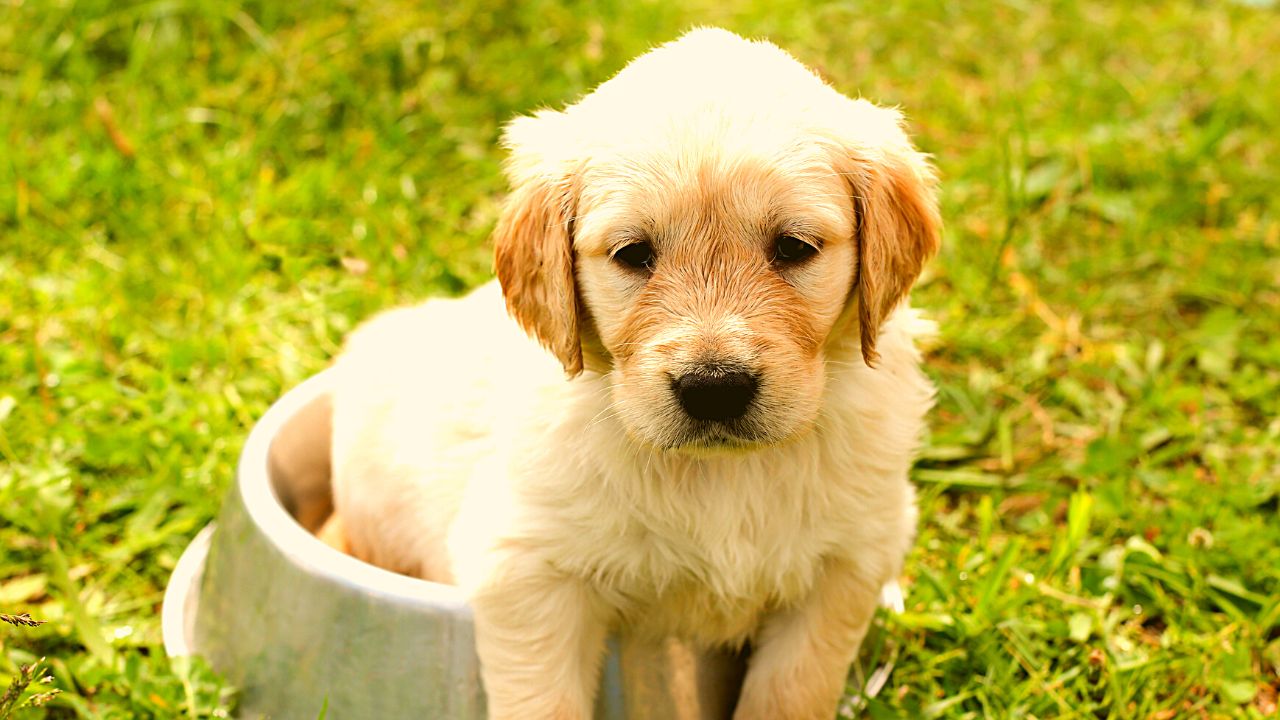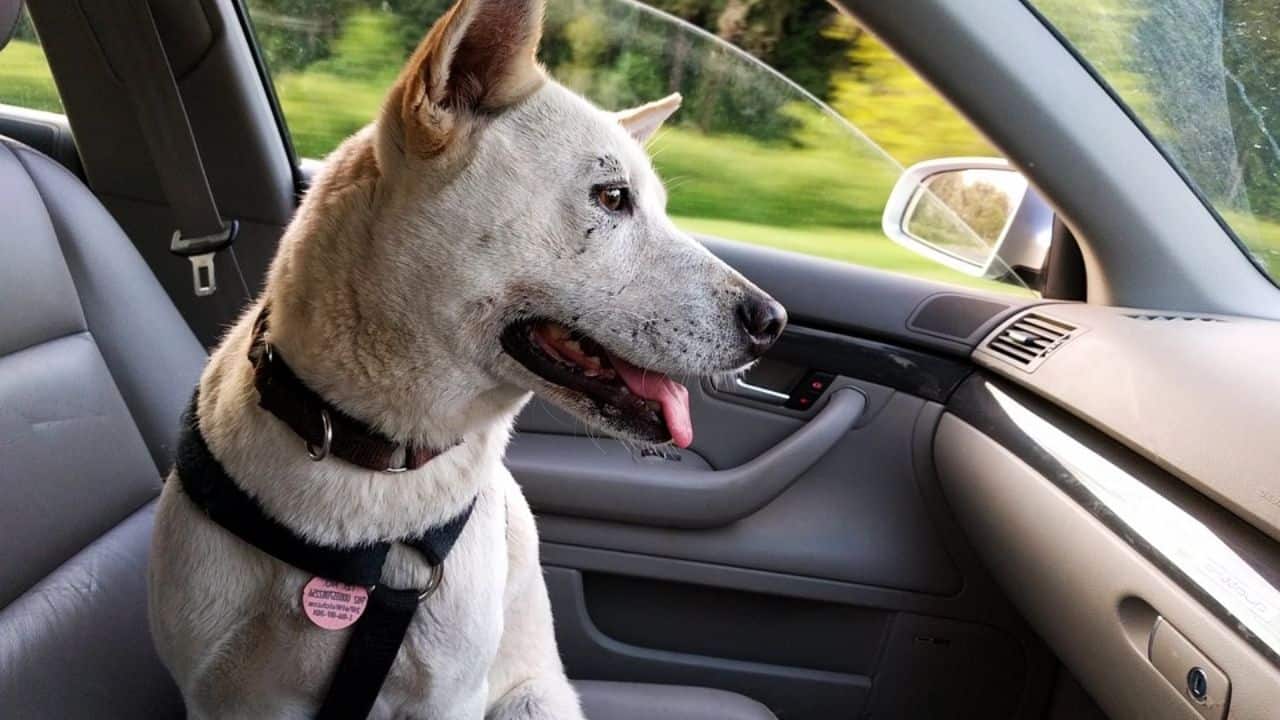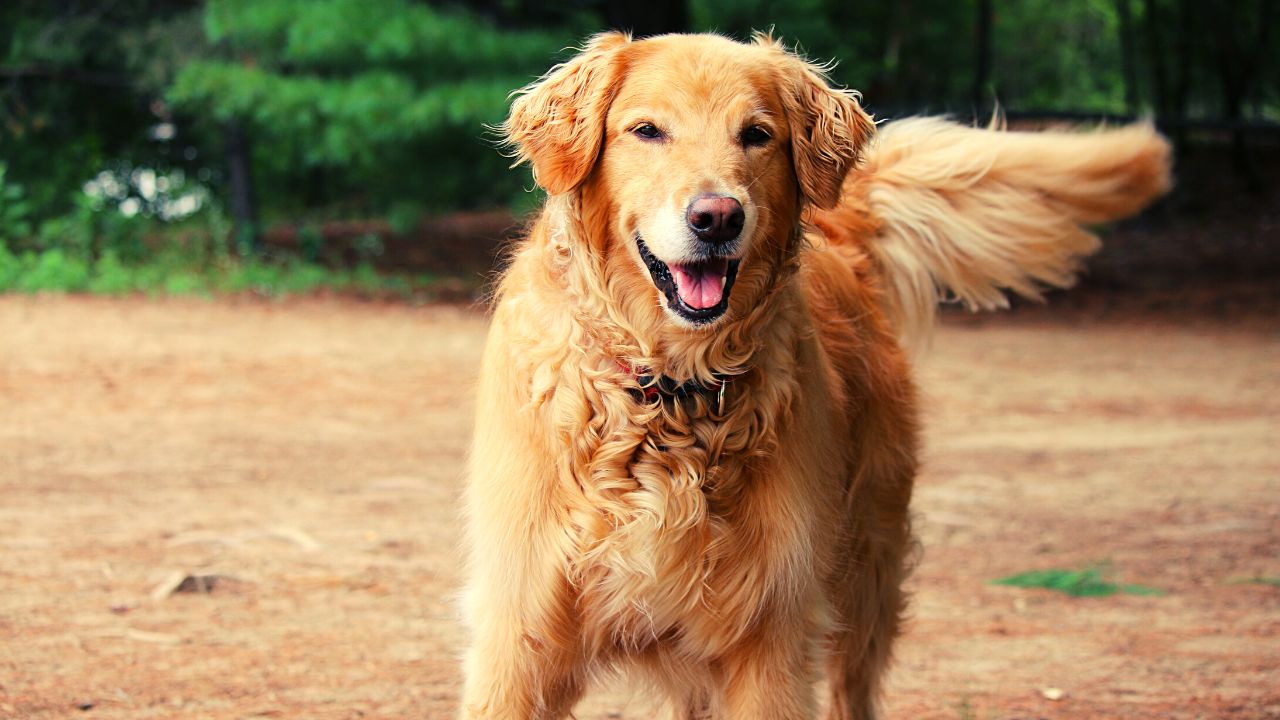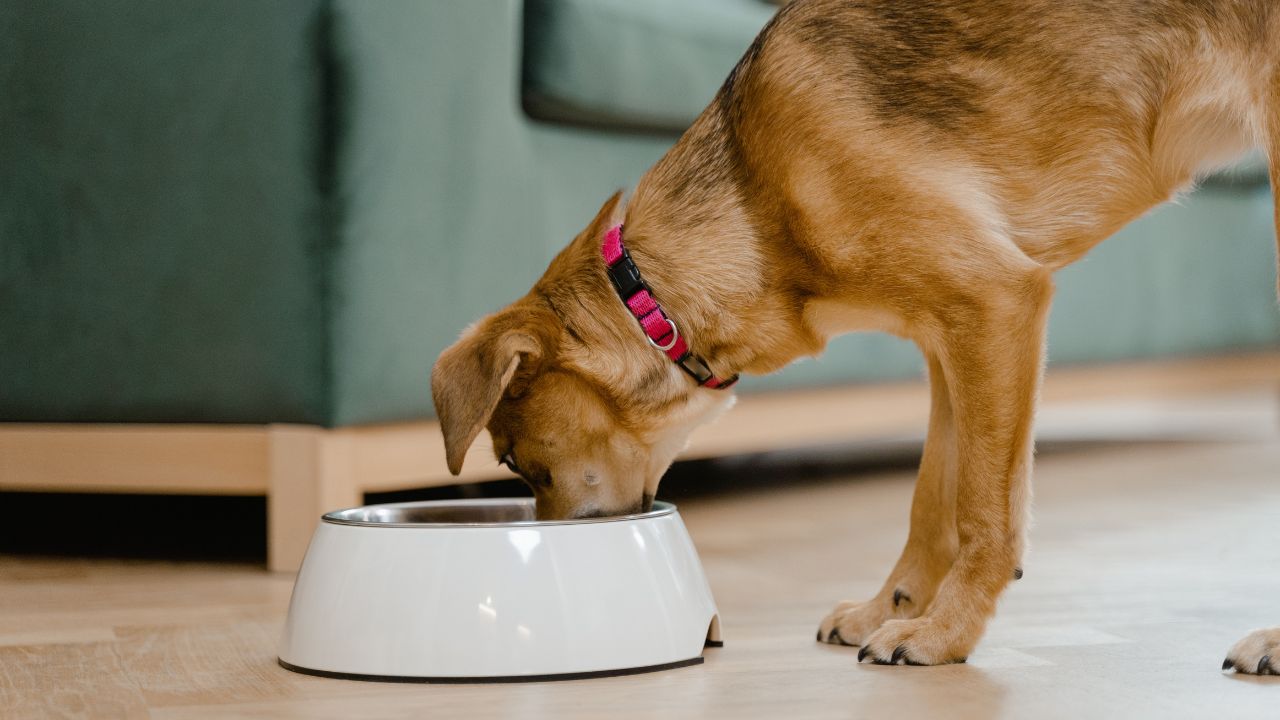
Table of Contents
We all laughed our hearts out, turning head over heels at the scene of F.R.I.E.N.D.S. when Ross had a comedic touch with death due to his Kiwi allergy. We have encountered people with multiple allergies and repulsion to particular Foods or drinks. The extent of these allergies can be something extremely common to even rare things. Peanuts, Lactose, and red meat are some of the most common dietary materials most people are allergic to.
Sometimes, people aren’t aware of their allergy cause it’s not common to detect it during birth. Only when they encounter or devour those items do they come to terms with the problem. Like humans, dogs aren’t immune to such food allergies. Add food allergies to the list of other traits that dogs and humans share.
Dogs may face many health issues, and food allergy is definitely one of the most common among them. Various allergens can contagiously affect the health of your canine. As in humans, the intensity of these good allergies in dogs can vary from just a tick or an itch to severe gut-wrenching pain and deadly reactions. Skin allergy is the most common type of allergy spotted in dogs, also called allergic dermatitis. Three main factors are responsible for allergic dermatitis. These are due to flea allergy, aversion to certain foods, and allergens present in the environment.
Flea bites cause flea allergy dermatitis, and the effects are visible through itching, primarily at the base of the tail, or via redness and itching in the skin. Flea dirt or fleas themselves are signs of flea allergy. Treats that harm your dog weaken their immune system, which can cause food allergies in dogs. During food allergy, the immune system can mistake food for harmful ingredients and launch an attack, depriving your pup of the necessary nutrition and vitamins. Skin conditions and gastrointestinal problems are common symptoms of food allergy.
Foods that commonly cause allergies in dogs
The most common food allergies in dogs are reported mainly through chicken, beef, dairy, and egg. There’s no specific reason why these particular items cause most allergies, but these have been a part of food items for dogs for quite some time now.
Symptoms of Food Allergy in Dogs
Very similar to humans, dogs display numerous symptoms when allergic to specific food. These allergies can show themselves through various symptoms and signs.
Itching in Skin
The most obvious way to detect a hidden food allergy is through itchiness in the skin. Pets tend to itch their ears, lick their paws, scratch the sides and armpits, or rub the rear end on the ground as a reaction to some allergic food. Scooting of the back end is often related to problems of the anal sac, which are usually associated with some or the other food allergy. When you spot your dog with excessive scooting, take a vet visit to get the problem fixed.
Gastrointestinal Problems
Gastrointestinal problems are one of the significant issues born out of food allergies in dogs. The common symptoms of the same are nausea, diarrhea, excess gas, queasiness, upset stomach, vomiting, etc. Long-term problems of the gastrointestinal tract are often related to food allergens, and it’s imperative to consult your vet in such cases to come to a succinct and lasting solution.
Hives
The upraised patches that cause itching and rashes on your dog’s skin are called hives. They usually appear after your dog consumes something they have an allergy to. You can feel these patches through your canine’s fur or while combing their hair. Dogs often scratch and bite on these patches, which leads to further damage. To avoid such consequences, book an appointment with your vet and get the allergy checked.
Skin Infections
Skin Infections or skin lesions are one of the most prompt symptoms that can be spotted in dogs owing to food allergies. The constant inflammation and itching on the skin can lead to severe skin infections. Chronic itching and licking are also the cause of yeast infections. One significant underlying aftermath of food allergy is ear infections in dogs.
Lethargic Behavior
One of the most common symptoms of gastrointestinal food allergy is visible signs of lethargy. If your dog indicates tired habits, often stays low on energy, and usually acts more like a sloth, it may result from a food allergy.
Treating Food Allergies in Pet
You can juggle many tricks and tactics, but sadly, there is no concise cure for food allergy. You can never expect your dog to do away with their allergy to certain things suddenly. However, preventing the consumption of that thing is well within your hands. Allergic reactions can be steadily brought to relief through medication, which should be taken with the consultation of a veterinarian. There isn’t any medically proven test to examine the product of allergy in your dogs accurately. The best way to detect an allergy in your baby pooch is through an elimination diet test. This test can be performed in two ways to identify the symptoms in your pet.
Novel Protein and Carbohydrate diet
Novel Proteins are those proteins that have never been previously introduced to the diet. This trial is executed for around ten weeks, and during that time, all additional meals are strictly prevented, including treats and supplements. There are inevitable glitches in the trial; thus, it’s highly recommended to perform this with the help of your vet to receive accurate results.
Hydrolyzed Protein
A hydrolyzed Protein diet is an excellent alternative to a Novel Protein diet. This process involves breaking down protein particles into tiny particles. This technique is water-based and is called hydrolysis. Just like in the Novel Protein diet, it is essential to maintain this diet practice for around 8-10 weeks. Preventing other meals while the dog is on a hydrolyzed diet is also vital.
Preventive Care Tips
You can not completely do away with the allergy issue, although you can sedate them for some time through medication. However, the long-term solution is to employ preventive methods.
Avoid allergens
Once you have identified the source of allergy in your pet through elimination methods, avoid them at every cost. Suppose your pup is allergic to chicken; strictly prohibit feeding them chicken through direct meals or via supplements anyway.
Careful assessment of food and treatment ingredients
The packaged food we buy for dogs may contain ingredients your lovely pal is allergic to, triggering the problem. This is also true for the treats. Thus, it’s always recommended that after identifying the source of the allergen, you only buy those food items that don’t contain the specified ingredient. Or, you may opt in for homemade dog foods only.
Consult a Vet
After putting in the effort to align every preventive care for your pooch, the thing that remains is to leave the rest to the experts. When you detect symptoms and signs of any food allergy in your pet, before indulging in self-medication, rush to the vet first. It’s always important to inform the vet about such issues with the vet to come to a more accurate diagnosis. You can always hop on to JaldeeVet for better and adequate consultation of any problem for your canine friend.

Dr Vinay C P, B.V.Sc. & A.H., M.V.Sc., P.G.D.OH.
B.V.Sc. & A.H., M.V.Sc., P.G.D.OH.
Designation:- Director Of Veterinary Operations
Experience:- 5+ Years Of Professional Experience





